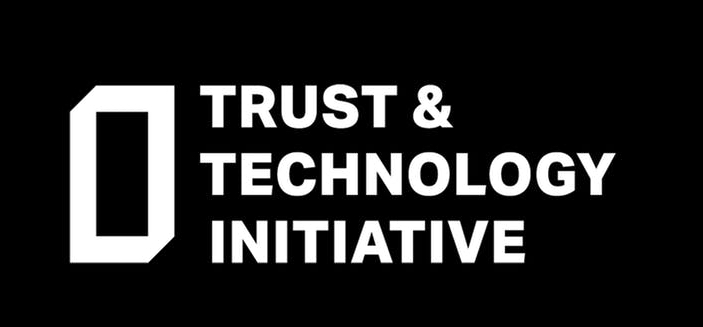
For most of human history, trust has been grounded in close, direct relationships between individuals living in small communities: trust was traditionally local and interpersonal, arising through kinship and geographical proximity. With the advent of the agricultural revolution, as humans forged social cohesiveness in groups well beyond the cognitive limit of stable natural group size [Dunbar's number, which suggests that the human brain can effectively process around 150 interpersonal relationships] trust became formalised and centralised. Societies organised in a wide historic and cultural spectrum of institutions and processes. As diverse as these historic structures are, an underlying sense of identifiable - and accountable - human agency runs through notions of governments, statutes and regulations.
In late modern societies technology, especially digital technology, is impacting our social fabric in a more radical way. Our lives are increasingly shaped by abstract entities: artefacts, systems and algorithms rather than conventional institutions.
In the wake of the 2008 Financial Crisis and in a time of growing distrust in the truth content of digitally mediated information, contemporary social science is increasingly becoming interested in how and why humans invest trust in such abstract systems, and what the consequences of breakdown of trust in these entities are.
Simultaneously developers, observers and regulators of digital technologies are exploring the concept of 'trustworthiness' from technological and legal perspectives. The essays and talks referenced in this section either take a wide vantage point of contribute to semantic alignment of concepts of trust and trustworthiness in different disciplines.
Prof John Naughton: Institutions, technology and trust

